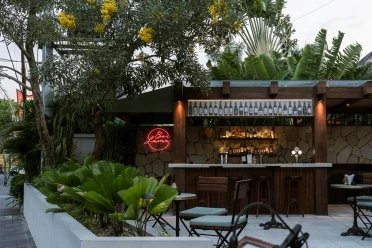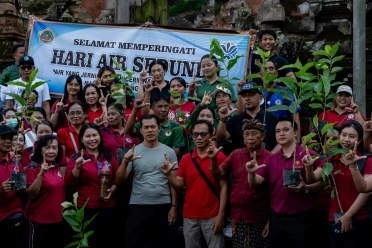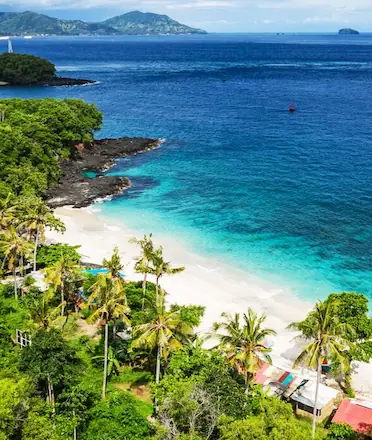Renowned for its rich marine life as well as its diverse inland culture and nature, Bali has taken a significant step in enhancing environmental conservation. The official designation of the waters around Nusa Penida as a Particularly Sensitive Sea Area (PSSA) by the International Maritime Organisation (IMO) aims to protect the unique ecosystems of the Nusa Penida archipelago and ensure the long-term sustainability of Bali’s underwater tourism.
The official designation of Particularly Sensitive Sea Area (PSSA) by the International Maritime Organisation (IMO) aims to ensure the long-term sustainability of Bali’s underwater tourism.
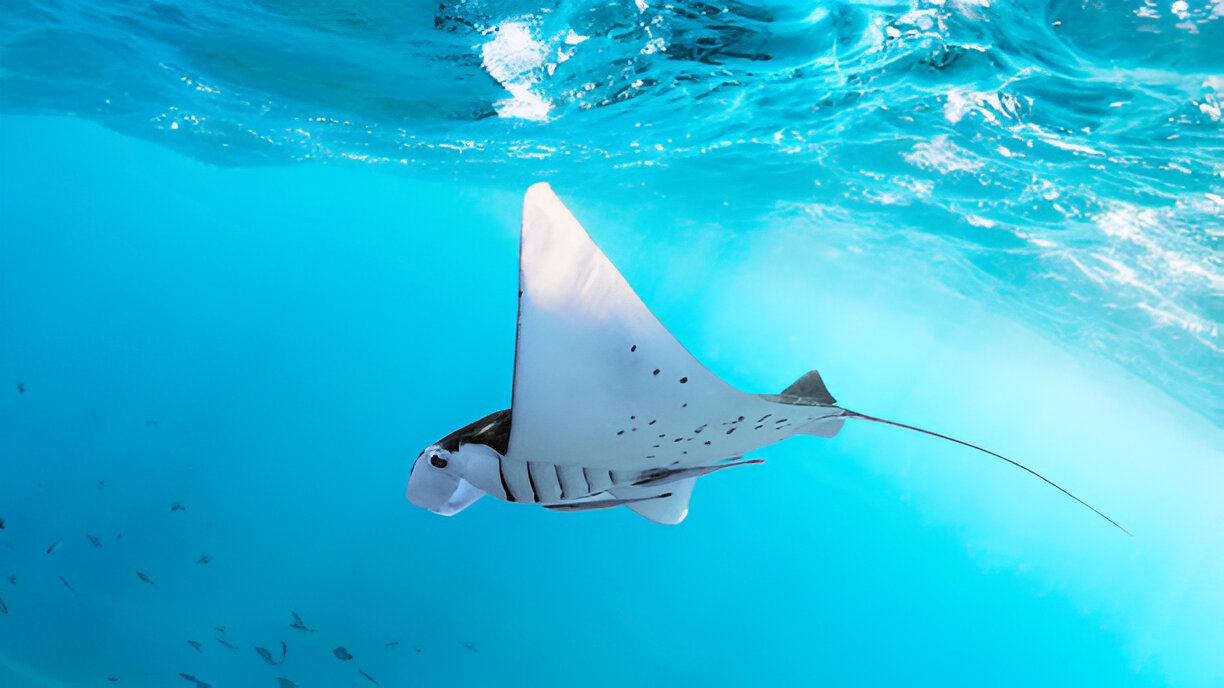
The waters of Nusa Penida, Nusa Lembongan, and Nusa Ceningan are among Indonesia’s most ecologically rich, home to a wide array of marine species, including the iconic manta ray, which has long been a major attraction for divers and snorkelers. With the new PSSA status, these waters are now among only 19 globally recognized for their extraordinary ecological, scientific, or socio-economic significance. This marks a major step in Bali’s marine conservation efforts, ensuring these ecosystems receive the protection they need.
What Is PSSA, and Why Is It Important?
A PSSA is a designation for regions that require special protection due to their ecological, scientific, or socio-economic value. These areas are vulnerable to damage from maritime activities such as shipping, overfishing, and pollution. By granting PSSA status, the IMO aims to reduce risks from international maritime traffic and ensure the preservation of these areas for future generations.
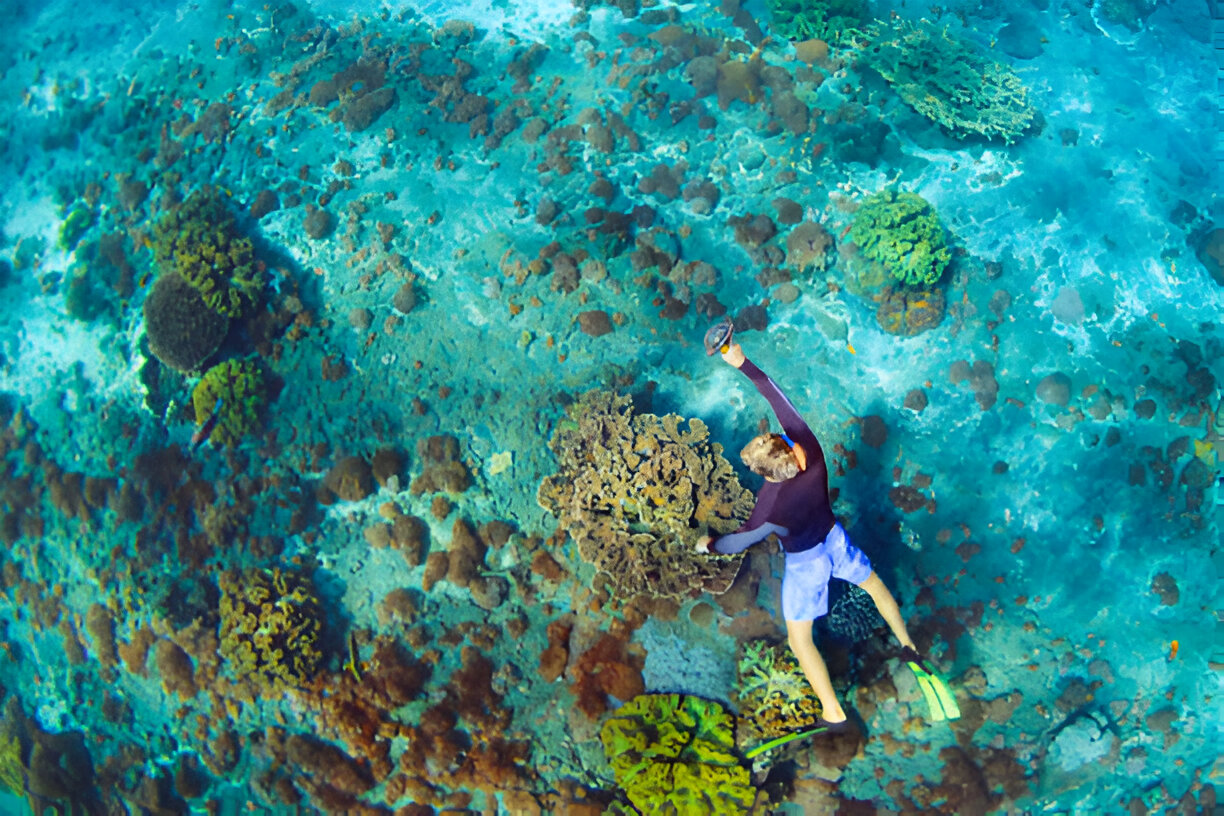
When an area is designated as a PSSA, specific measures can be implemented to reduce maritime risks, including vessel routing restrictions, regulations on harmful discharges, and the establishment of Vessel Traffic Services (VTS). For Nusa Penida, these measures are essential in managing the pressures from maritime industries, including large tankers, cruise ships, and expanded fishing operations. These activities could harm fragile ecosystems, including coral reefs and habitats for endangered species like manta rays and mola mola (sunfish). Stricter regulations will help mitigate these pressures, allowing marine biodiversity to thrive.
Boosting Underwater Tourism
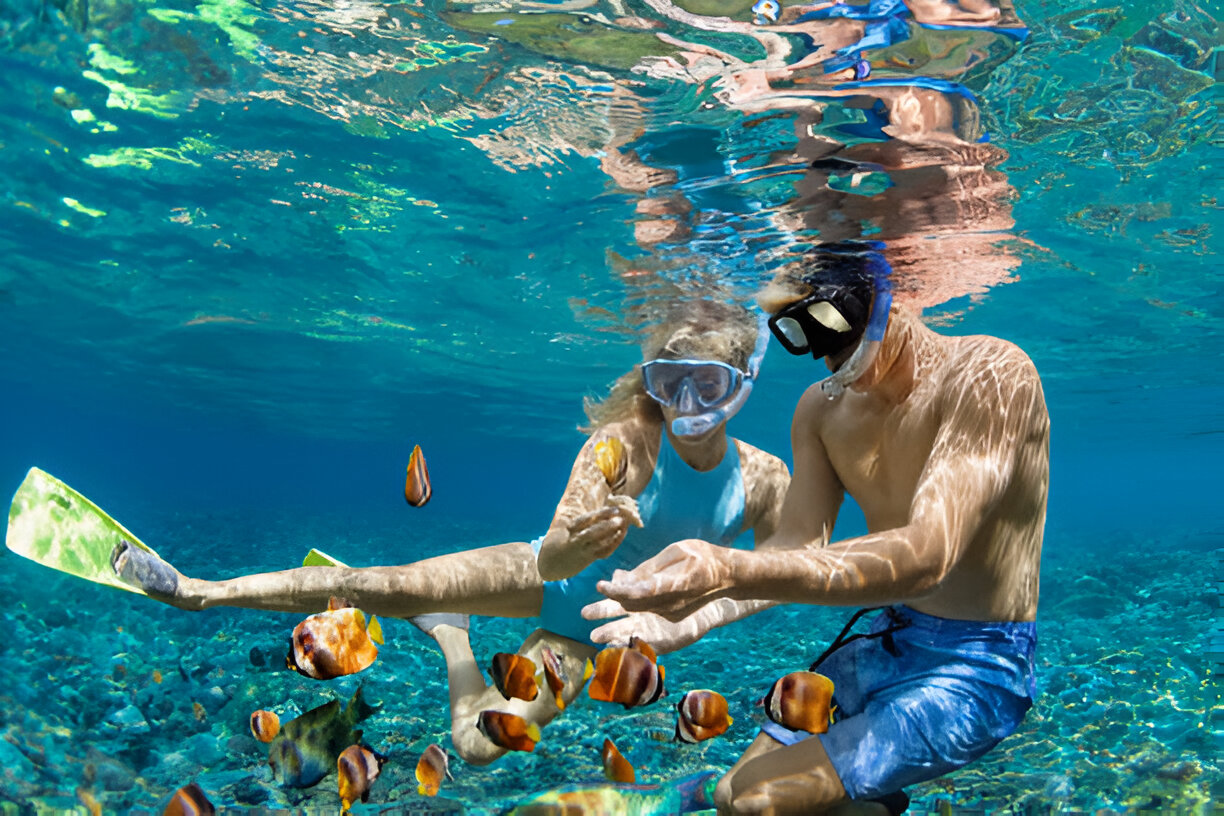
Nusa Penida has become a prime destination for underwater tourism, drawing visitors from all over the world to dive and snorkel in its crystal-clear waters. The island’s marine life, including manta rays at their cleaning stations and mola mola, is a major attraction. With the rise of underwater tourism, the new PSSA designation ensures that these experiences remain sustainable while protecting the natural beauty of the area.
However, increasing tourism requires responsible practices to avoid disrupting marine life. The Coral Triangle Center, a key conservation organization in the region, has issued guidelines for snorkeling and diving. Visitors are encouraged to avoid touching or feeding marine animals and to maintain a respectful distance from coral reefs and other fragile ecosystems. By following these guidelines, tourists can help protect the ecosystem while enjoying unforgettable experiences.
Sustainable Tourism and Green Fins Certification
Aligned with the new PSSA status, there is growing emphasis on sustainable tourism practices in Bali. Tourists are encouraged to book with operators that adhere to environmentally friendly practices, particularly those certified by the Green Fins initiative. This certification program ensures that dive operators and tour companies comply with strict environmental standards, minimizing the impact of tourism on the marine environment.
Bali has several Green Fins-certified operators committed to sustainable practices that support marine conservation. These providers follow a code of conduct that prioritizes the protection of marine ecosystems and ensures tourists’ activities don’t harm the environment. By choosing certified operators, visitors contribute to preserving Nusa Penida’s marine life while enjoying their experience.
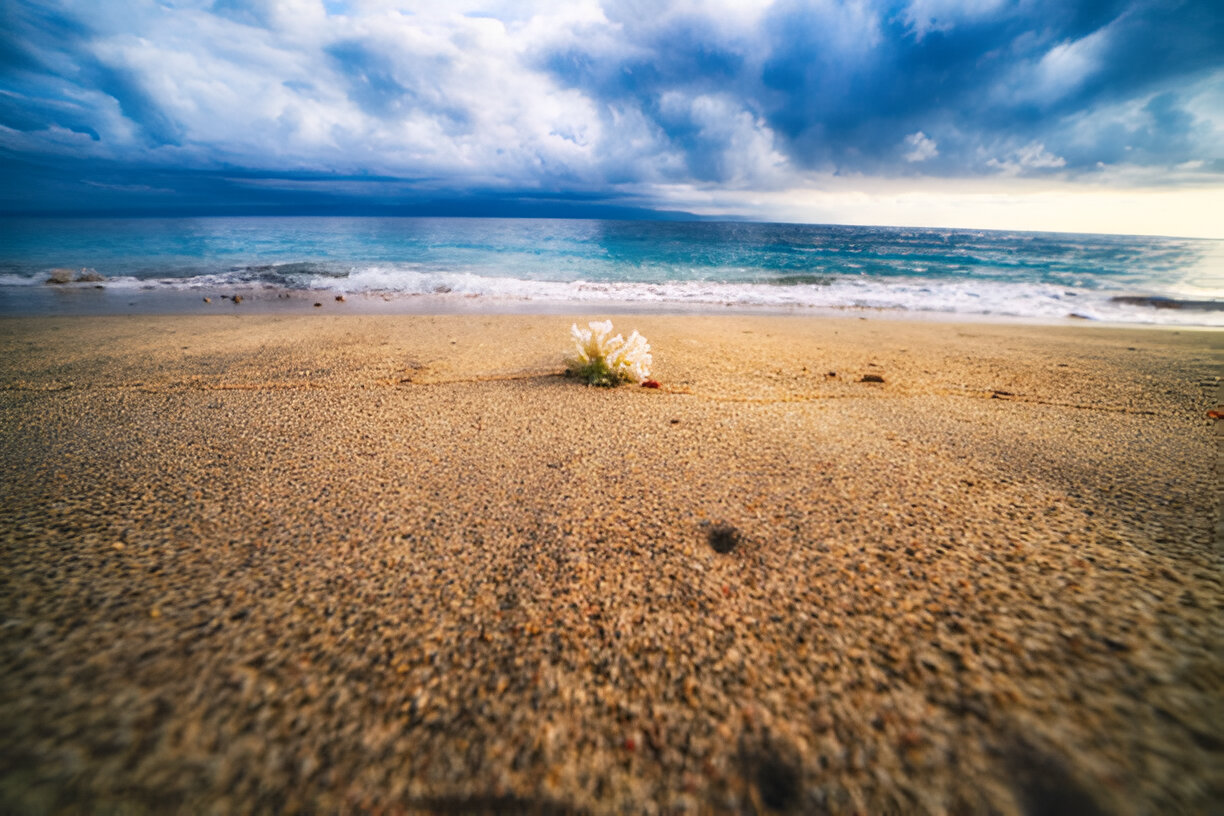
As Bali continues its commitment to marine conservation, the combination of stricter regulations, responsible tourism, and community engagement will play a vital role in preserving the island’s marine life. The PSSA designation for Nusa Penida marks a crucial step forward, ensuring that Bali’s underwater treasures remain protected for years to come.



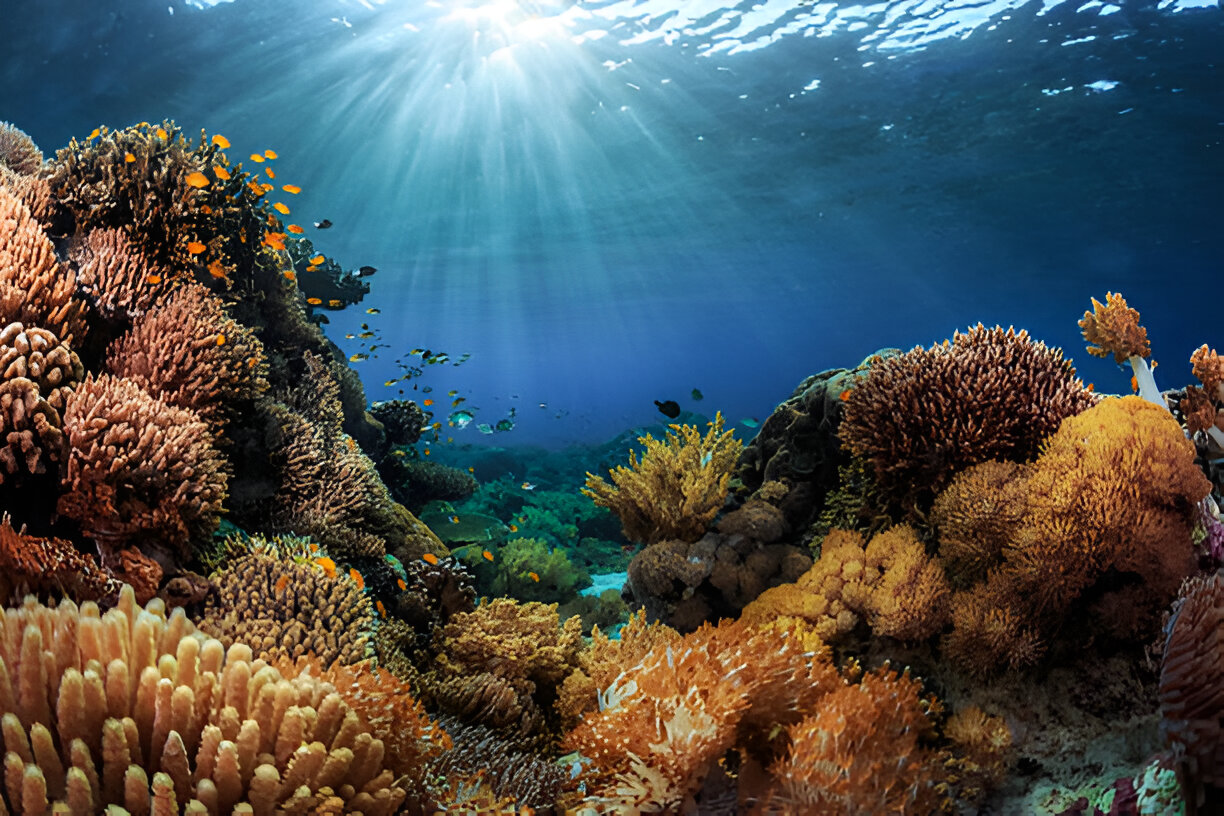
 Billy Bagus
Billy Bagus
 Dec 06, 2024
Dec 06, 2024
